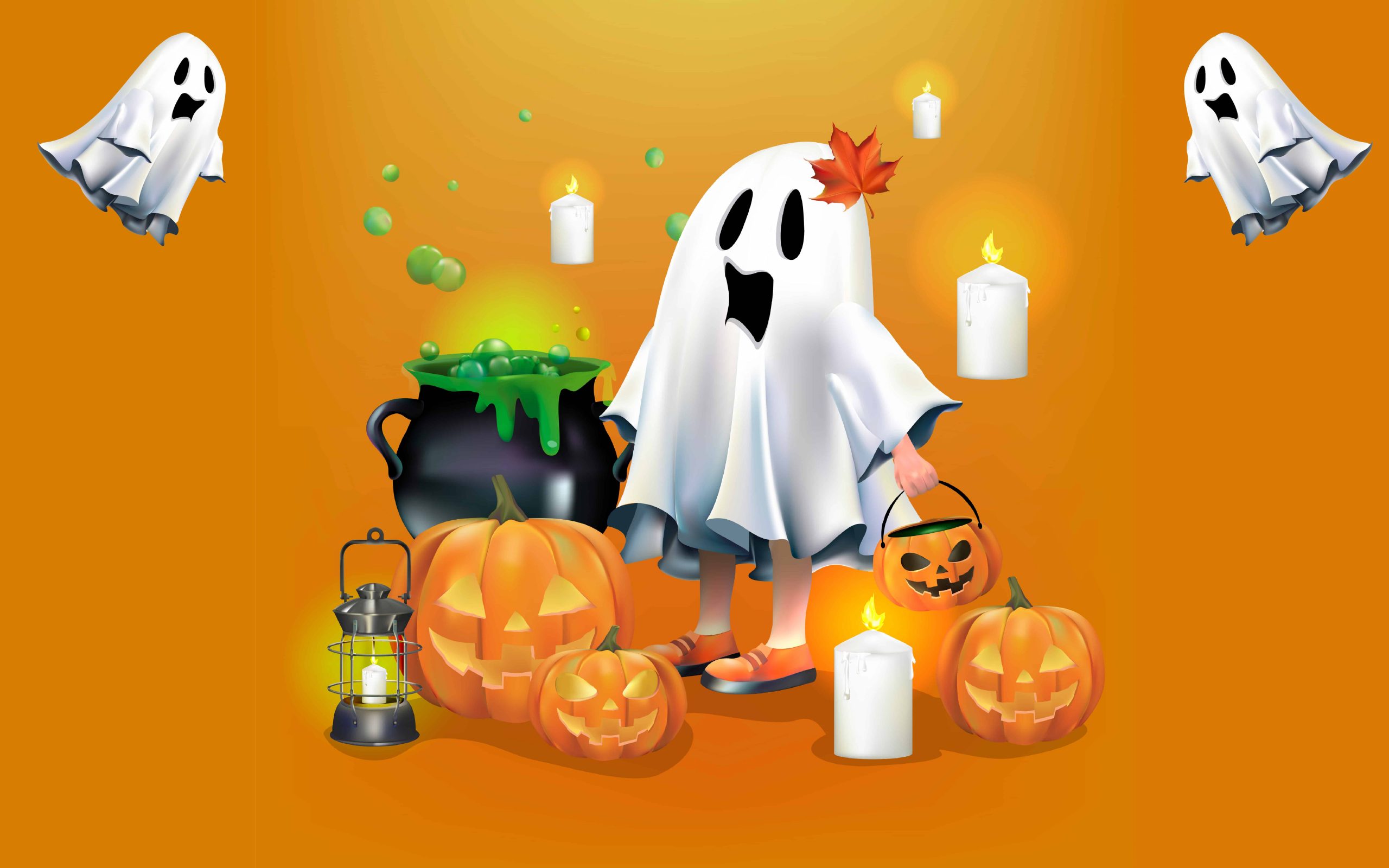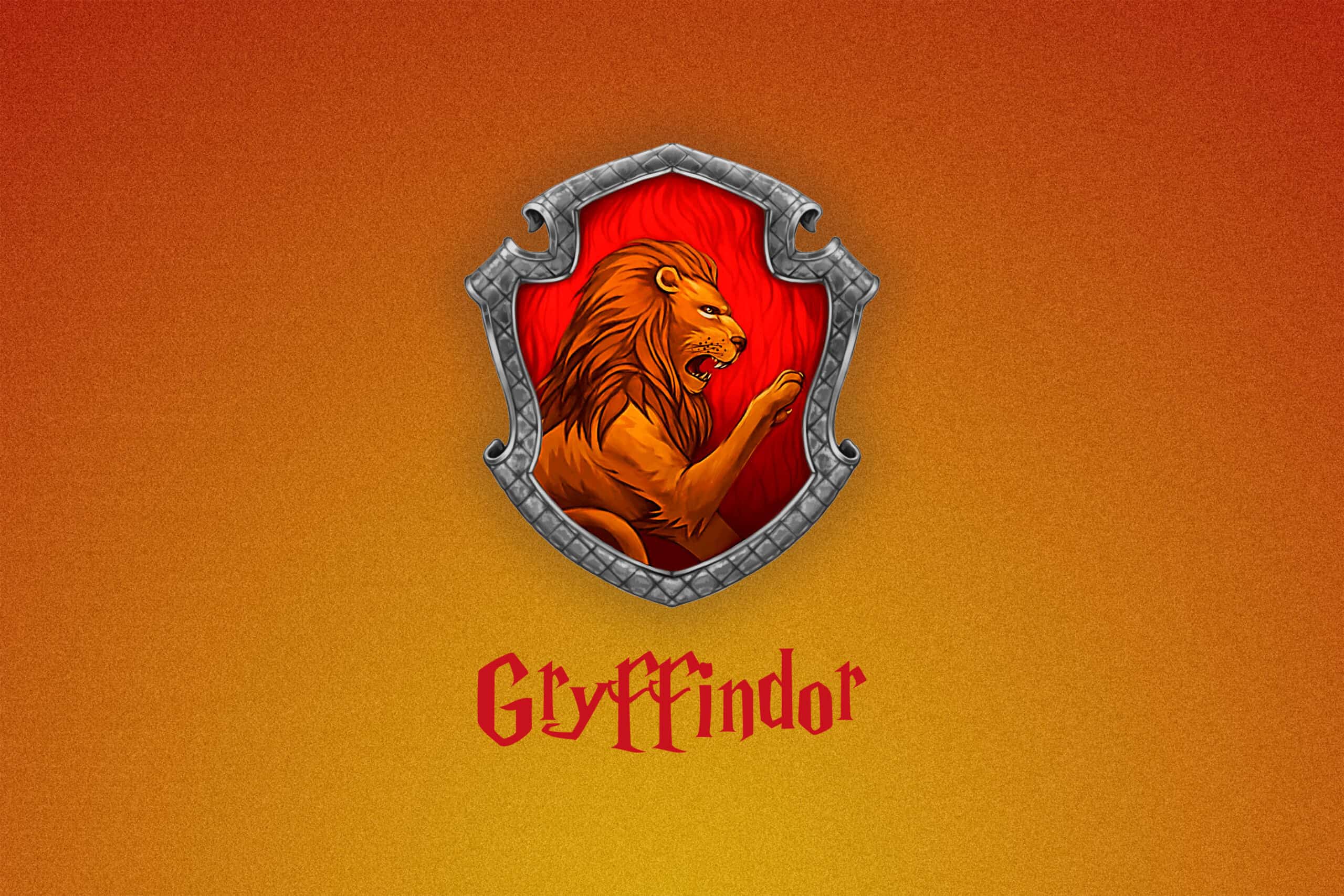- HUMOR
100 Very Best Halloween Puns


You might belong in Gryffindor,
— The Sorting Hat
Where dwell the brave at heart,
Their daring, nerve, and chivalry
Set Gryffindors apart”.
In the founding of Hogwarts School of Witchcraft and Wizardry, Godric Gryffindor planned to lead a house of those who showed courage, loyalty, and chivalry. The emblem of Gryffindor’s house is a lion, which mirrors their sense of bravery and strength. The lion is often seen as the King of Beasts. Is Gryffindor the King of the Hogwarts Houses?
The common stereotype of a member of the Gryffindor house is that they are fiercely daring and loyal. Throughout the Harry Potter series, Gryffindor is undoubtedly the most featured house, and there is often the sense that it is the more desirable house to belong to and even that those in it are “superior”.
However, it should be noted that, like all other houses, Gryffindors have their fair share of bad characteristics. Sometimes, they are brave to the point of recklessness, they can be fiercely stubborn, and they tend to have a little her complex (we’re looking at you, Harry Potter).
In conclusion, Gryffindors symbolize their house mascot, the lion. The lion is courageous, fearsome, proud, selfish, and loyal.
The lion can often display such intense portrayals of these traits that they become untouchable. The same applies to Gryffindors. They regularly break the rules, but all in honor of their “moral compass”, and more often than not, this is overlooked.
Having said that, they show true loyalty and chivalry. We all need a Gryffindor as a friend.
Let’s look closer at the good and the bad of Gryffindor’s house.
When you think of a stereotypical Gryffindor, bravery is one of the first things that comes to mind. They are often prepared to sacrifice themselves for what they believe in or the people they love. Although we see bravery play out a host of times by Harry, Ron, and Hermione, it’s essential to see this as a universal house trait rather than “The Golden Trio.”
Neville Longbottom stands up for what he believes in repeatedly, as Dumbledore tells us, “It takes a great deal of courage to stand up to your enemies, but a great deal more to stand up to your friends” after Neville stands in the way of Harry, Ron and Hermione’s attempts to break the school rules.
Rubeus Hagrid attempted to negotiate with the giants on Dumbledore’s orders, even though he knew this would be a dangerous and possibly life-threatening task. He wanted to do what he could to help the Order of the Phoenix.
This is another staple trait of Gryffindor’s house. Loyalty is shown in various ways throughout the series, but where we see Slytherin’s dedication go to those deemed “worthy”, Gryffindors show that loyalty should come in all forms.
Ron and Hermione end up in some pretty dangerous situations due to their unwavering loyalty to Harry. In dropping out of Hogwarts in their final year to help him search for and destroy Voldemort’s Horcruxes, they show the loyalty they hold for a dear friend knows no bounds.
Hagrid shows the same unwavering devotion to Albus Dumbledore. Dumbledore allowed Hagrid to stay at Hogwarts as Gamekeeper after he was expelled because he knew he had nowhere else to go. After this, Hagrid’s commitment to him continued even after Dumbledore’s death. Importantly, Hagrid also shows his loyalty to many creatures throughout the series (Aragog, Buckbeak, Fluffy, and Norbert, to name a few), a true sign of Gryffindor’s bravery. The animals have nothing material to offer him, yet he protects them at all costs anyway.
Gryffindors love a challenge. They are always the first to jump into any situation that might seem dangerous or risky.
Fred and George Weasley are good examples of not knowing the outcome but pushing yourself anyway. In “Harry Potter and The Order of the Phoenix”, the Weasley twins decide to start creating their joke shop despite knowing it means they will get into trouble with Molly Weasley (their surprisingly terrifying mother) for not completing their studies. They were convinced it would be the right move for them, and they were right! In standing against Dolores Umbridge, they interrupt the O.W.L examinations by causing a massive scene with fireworks they developed; Fred and George work towards their dream of starting a business (as well as humiliating a particularly intolerable headmistress in pink!).
To be chivalrous means to be kind, polite, and courteous. When we think of chivalry, we might naturally think of medieval knights following a strict duty code.
I mean, that screams Gryffindor! They sometimes seem genuinely duty-bound to protect those around them.
After being told that he must kill Voldemort’s snake, Nagini, to help defeat Voldemort, Neville stops at nothing to ensure he honors his word to Harry. Despite being relentlessly rebuffed, Neville continues trying to beat the snake simply because he feels bound to Harry.
Alongside all the traits already discussed, it seems clear that Gryffindors would make such strong leaders.
Albus Dumbledore is an exemplary leader, putting the school and his students before himself despite the consequences. When he sees the Dark Mark above the school, he races back to Hogwarts after being weakened in the cave, trying to obtain a Horcrux. He understands his position means always being able to put others before himself and dedicating his life to ensuring the survival of Hogwarts.
Unfortunately, Gryffindors can sometimes take their determination too far. In their desperation to be loyal and brave, Gryffindors can be caught seeing the world as black or white and dismissing everything in between.
Although we love him, Sirius Black was incredibly stubborn regarding his feud with Severus Snape. The childhood differences rolled into adulthood very simply for both men, with neither being able to put aside their grievances, even for the sake of the entire Wizarding World. In the end, Sirius’ disdain for Snape even supported Harry in his own inherited dislike for the man who ultimately helped save his life.
Percy Weasley, whose name came with an infuriating groan for so much of the series, was devastatingly stubborn to the point that he disowned his family. Percy was so set on his career in the Ministry of Magic that he firmly believed that Lord Voldemort would not return. Only in the Battle of Hogwarts did we see his redemption.
Bravery pushed too far becomes recklessness. Gryffindors have a wealth of courage, often stretching over into recklessness.
Sirius turning himself into a dog to see Harry off on the Hogwarts Express might have initially seemed inspiring, but it had terrible consequences. Draco Malfoy, the worst possible person, spotted Sirius (who was supposed to be hiding) and taunted Harry with this knowledge. Dumbledore told Sirius to stay hidden, but his recklessness won out.
Harry himself is often reckless when attempting to be brave. In “Harty Potter and The Order of the Phoenix”, The Dark Lord shows Harry a snippet of Sirius being held and tortured in the Ministry of Magic. Despite Ron and Hermione’s cautions that this may have been a trap, Harry decides to fly to Sirius’ rescue immediately. Ultimately, is it this act, and not Lord Voldemort, that gets Sirius Black killed? I’m sure we all screamed “STOP AND THINK” at this particular scene.
Gryffindors can be incredibly prideful. It is easy to get the impression that they think of themselves as the noblest house, even if they aren’t saying it out loud.
Sirius tells us: “The world isn’t split into good people and Death Eaters. We’ve all got both light and dark inside us.”. Harry fails to see this so often in the series, notably with Severus Snape, where he cannot accept that he may have defected from the Death-Eaters. Despite Dumbledore telling him to trust Snape, Harry could never see past his own (and his father’s) pride.
Sometimes, Gryffindors like to remind others that they are braver and more moral than all the other houses. This isn’t necessarily malicious, just incredibly annoying.
Being overly passionate and loyal can mean Gryffindors are often controlled by their emotions. They can be unable to think before they act when angry, which can lead to nasty repercussions.
Ron Weasley leaves Harry and Hermione on their hunt for Horcruxes in a fit of rage over his insecurities, which he quickly regrets and then struggles to return to them.
In “Harry Potter and The Deathly Hallows” (the book version!), we see a very angry interaction between two short-tempered Gryffindors. Harry and Remus Lupin actually end up in a physical altercation after they disagree on whether Remus should join them on their quest or stay with Tonks (his pregnant wife). Harry’s emotional attachment to the situation, being a baby who lost his father, and Remus’ fear of fatherhood led to an aggressive confrontation. We learn later that both parties deeply regretted this.
Although they can be incredibly selfless sometimes, Gryffindors can quickly swing over into selfishness.
Peter Pettigrew was consistently selfish throughout the series. He always acted out of a self-serving nature and chose the side that best fit his agenda and was most likely to keep him alive at any moment.
Percy Weasley was selfish in his drive for a successful career. Sirius was selfish in his desire to leave 12 Grimmauld Place rather than to protect the Order. Harry was greedy in pursuing The Deathly Hallows, despite knowing his mission was to find the Horcruxes.